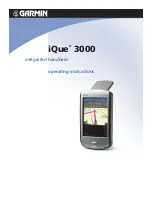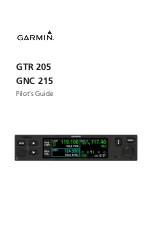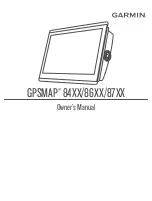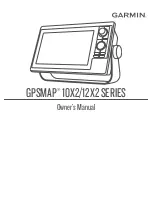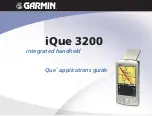
10/12/13
LMU-3000 Hardware & Installation Guide - PULS Wiki
https://puls.calamp.com/wiki/LMU-3000_Hardware_%26_Installation_Guide
15/33
To re-enable auto-provisioning, use:
AT$APP PARAM 1024,35,1,0
Auto-provisioning occurs when the LMU detects a SIM with a new operator ID (i.e. the first 6 digits of the
IMSI) or when Bit 0 of S155 is cleared and the GPRS context is blank (i.e. Parameter 2306,0).
4.3 Activating GSM or HSPA LMU using AT Commands
Check with the CalAmp Sales team for availability of the LMU-3000™ with GSM or HSPA
modems. For a GSM/GPRS operator you will get the LMU in one of two varieties, one with a SIM and one
without.
If you get an LMU without a SIM (which is the typical case) the operator will simply ask for the IMEI of the
LMU. The IMEI (International Mobile Equipment Identifier) is printed on the bottom of the LMU under the
LMU’s ESN. Again, DO NOT give the operator the ESN of the LMU.
The operator will provide you with a SIM for each account activated. If they are especially nice (or you are
especially persistent) they will also give you a list tying the IMSI (International Subscriber Identifier) of the
SIM to the phone number assigned to it. Please note that the operator will likely tie the IMSI (i.e. the SIM) to
a specific IMEI. Making sure the specific SIM matches to the right IMEI isn’t strictly necessary, but it will
keep everyone’s book-keeping a little cleaner. You may also obtain this information by running a CSV report
in PULS (after the devices have connected to the network and sent in their first ID Report). See the PULS
Users Guide for more information.
If you do happen to have a SIM, the operator will ask for the IMSI and ICC-ID (Integrated Circuit Card
Identifier) along with the IMEI of the LMU. Again, in return you should get a list of IMSIs and Phone
Numbers.
The IMEI, IMSI and ICC-ID are all available through the ATI1 command. The IMEI should also be printed
on the bottom of the LMU.
You should also get an APN (Access Point Name) value. The APN is the device on the network that allows a
GPRS device (i.e. the LMU) to get to the internet. They tend to look like a URL, for example:
myAPN.myOperator.com
Operators can offer more than one type of APN and can even set up a custom APN just for your devices.
The rates they charge will vary depending on the APN service you want. Operators may also request you use
a blank APN. With the APN, you should also receive a username and password combination.
The last item an operator may provide is a SIM PIN. The PIN is effectively a password to the device. The
main difference here is that the PIN will restrict all the capabilities of the GSM device, where the SPC is used
just for configuration.
The activation sequence for a GSM LMU would therefore look as follows:
AT$APP PARAM 2306,0,“myAPN.myOperator.com”



































